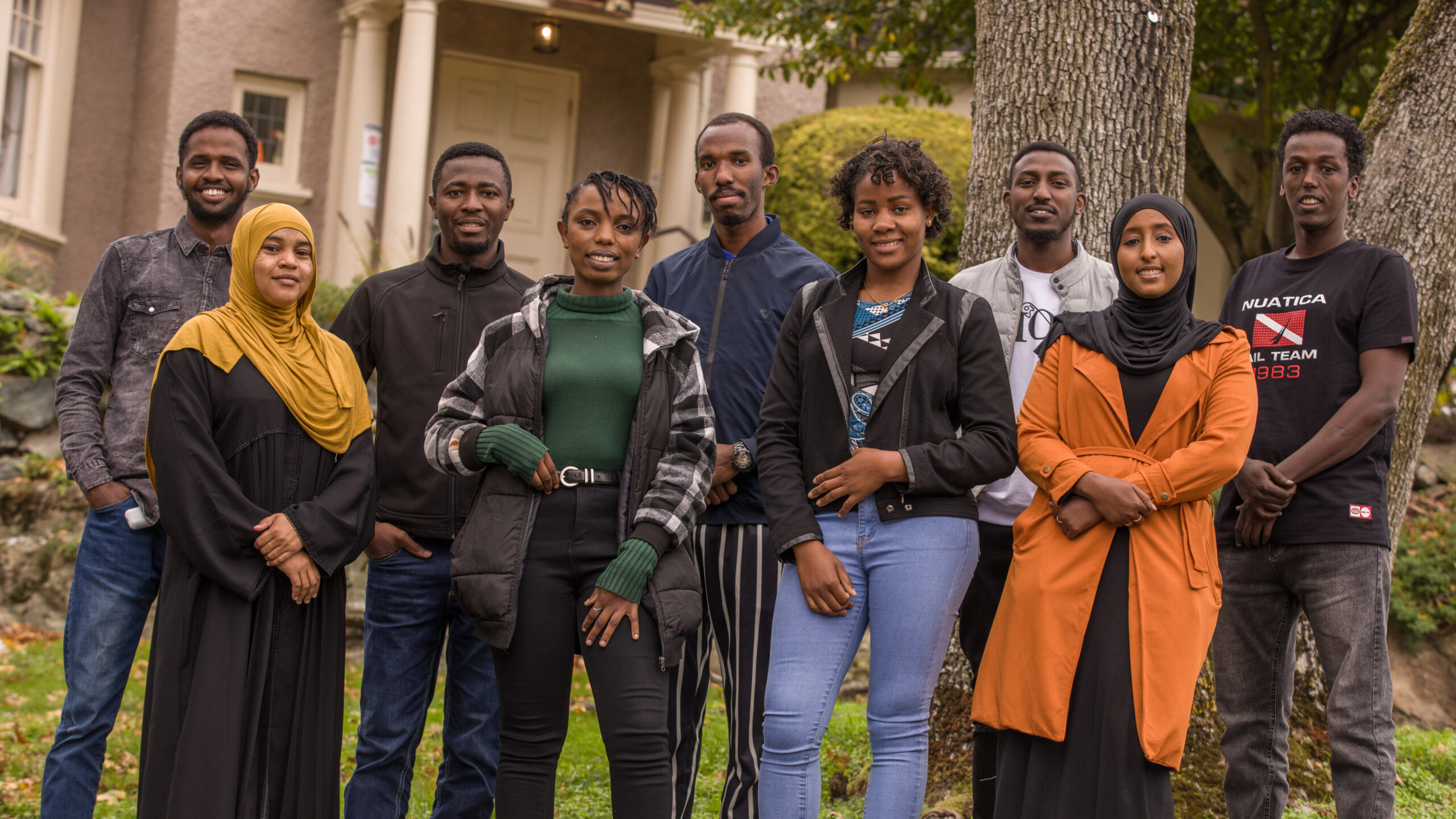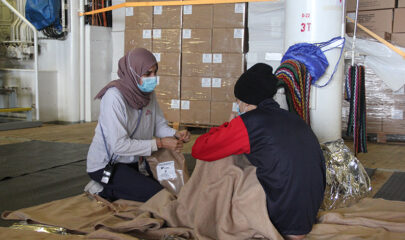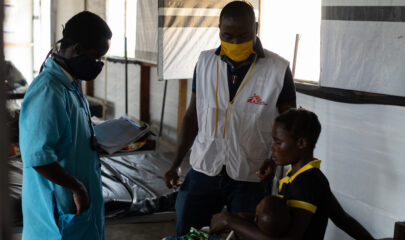Nur Boshor* was one among the hundreds of thousands of Rohingya people who fled to Bangladesh in 2017 following a targeted campaign of violence led by Myanmar security forces. Five years later, nearly 900,000 Rohingya are still living in what has become the world’s largest refugee camp, in a sprawling settlement in the Cox’s Bazar district of Bangladesh. Rohingya refugees are not allowed to hold jobs and can only earn a very small wage as volunteers with organizations working in the camp. Nur Boshor works as a daily volunteer with the Doctors Without Borders/Médecins Sans Frontières (MSF) outreach team. He explains why Rohingya volunteers are a vital part of the team and expresses his hopes to return home in the future.
In 1962, the army took power in Myanmar and enacted martial law. From that time, gradually they started neglecting us and torturing [us]. In 1974, for the first time, they denied our citizenship status. Torture and ethnic cleansing increased. My family tolerated it until 2017, when we finally decided to leave. We left our belongings, land, houses — everything. The Myanmar army at that time established checkpoints on the [route] and indiscriminately fired at us. We lost many souls back there while fleeing.
The situation in the camps is [getting] worse day by day. People have no jobs. People depend on rations from food programs and [are given] only 1,017 Bangladeshi taka [about $14] per month for a family. How can a family survive with this small amount? We can only afford rice and lentils. Fish, meat, or much-needed medicines are far [too expensive].
I worked in the development sector back in Myanmar. A few days after [I arrived in Bangladesh], I joined MSF as a daily volunteer. Rohingya people have their own language and culture. Only a Rohingya can understand what another Rohingya says and wants. When we were in Myanmar, many pregnant women died in the [local] hospital just because they could not express their feelings and condition properly to non-native speaking doctors. Gradually, people became afraid of hospitals and clinics.
Now [in Bangladesh] Rohingya volunteers [with MSF] go door to door and discuss health issues, try to explain the importance of seeking medical assistance and try to remove their long-held fear of doctors and hospitals. These things are only possible from a Rohingya volunteer.
Many [people I know] want to go back to Myanmar, as they face insecurity in the camps. I am also keen to go back to my soil. [But] not now, as the situation is not under control there. We would be facing horror again if we go. We are refugees, yet human. We have dreams. We need medical assistance when we are sick. We need food when we are hungry. We need shelter. I beg of everyone from the outer world to treat us as human. We want repatriation as soon as possible. We want to go home.
*Name changed to protect privacy.

Boshor was one of hundreds of thousands of Rohingya who fled Myanmar in 2017. Bangladesh, 2021.


